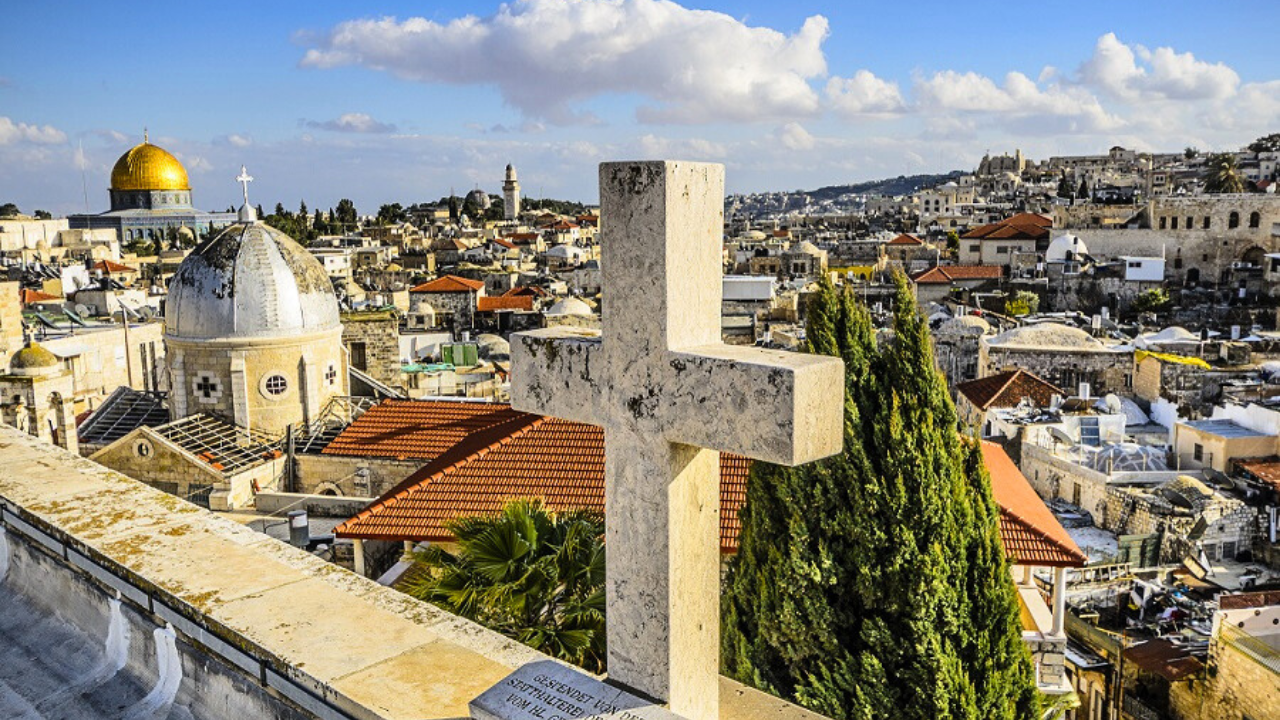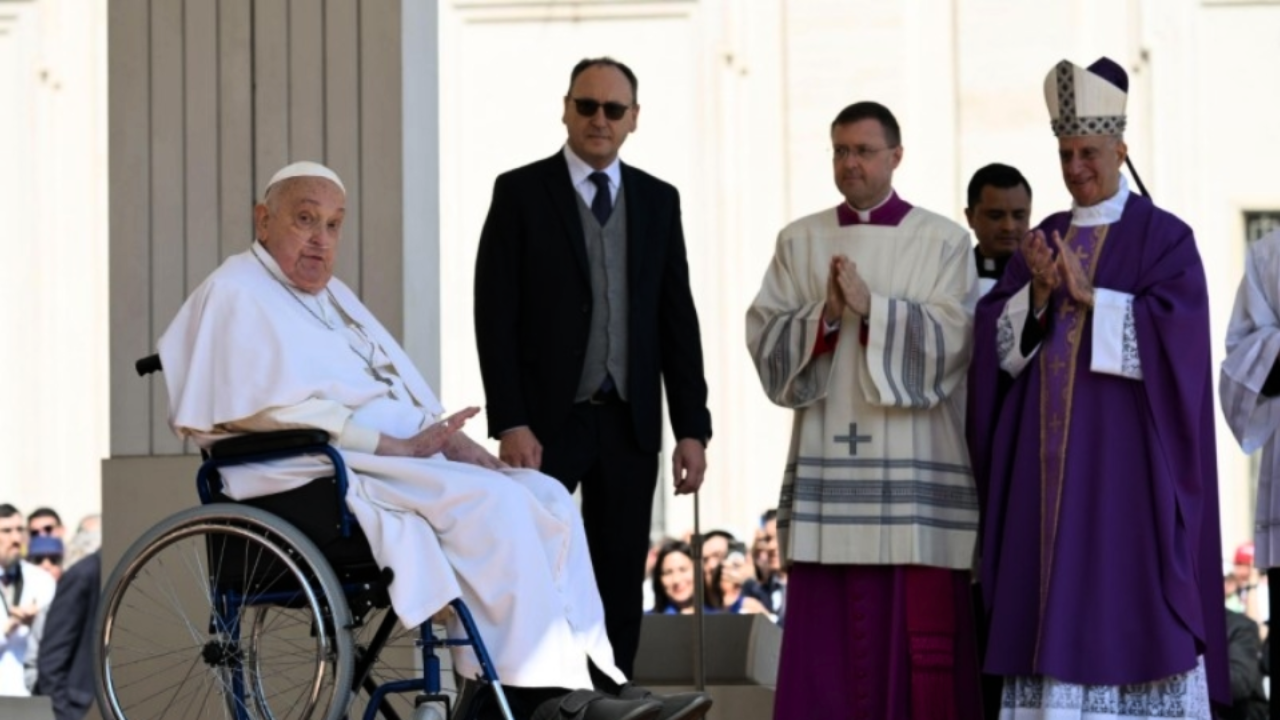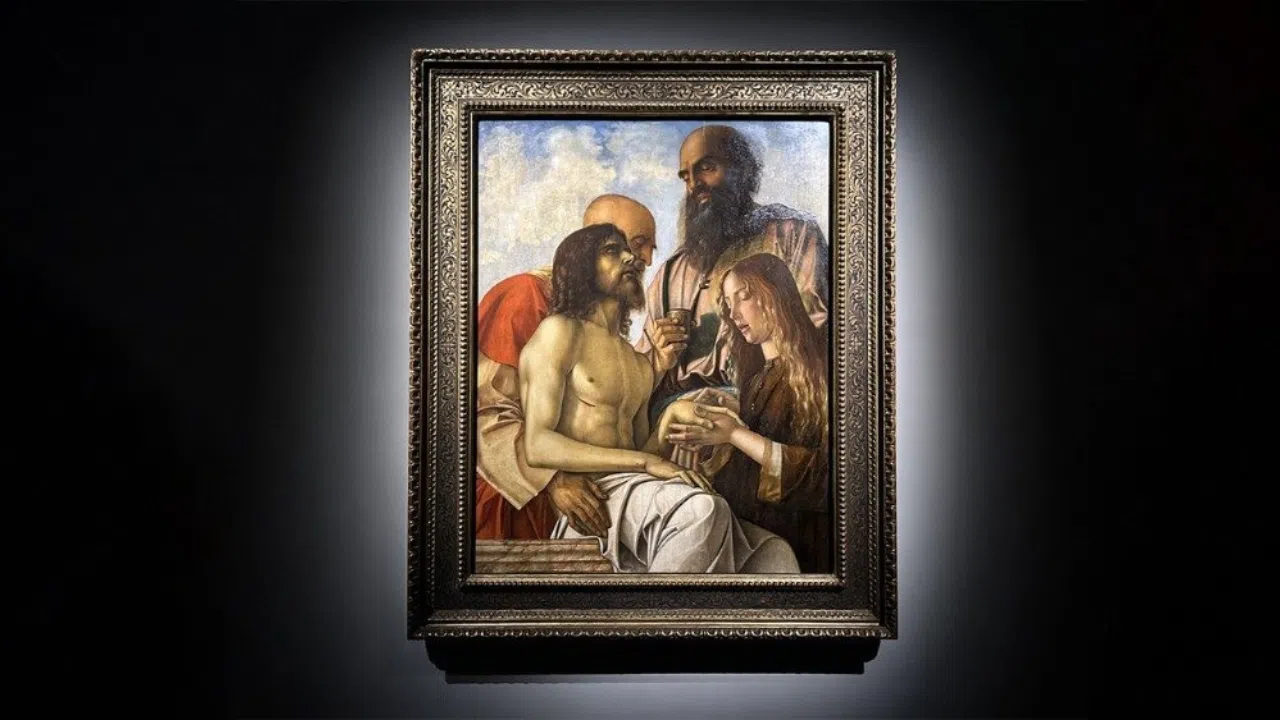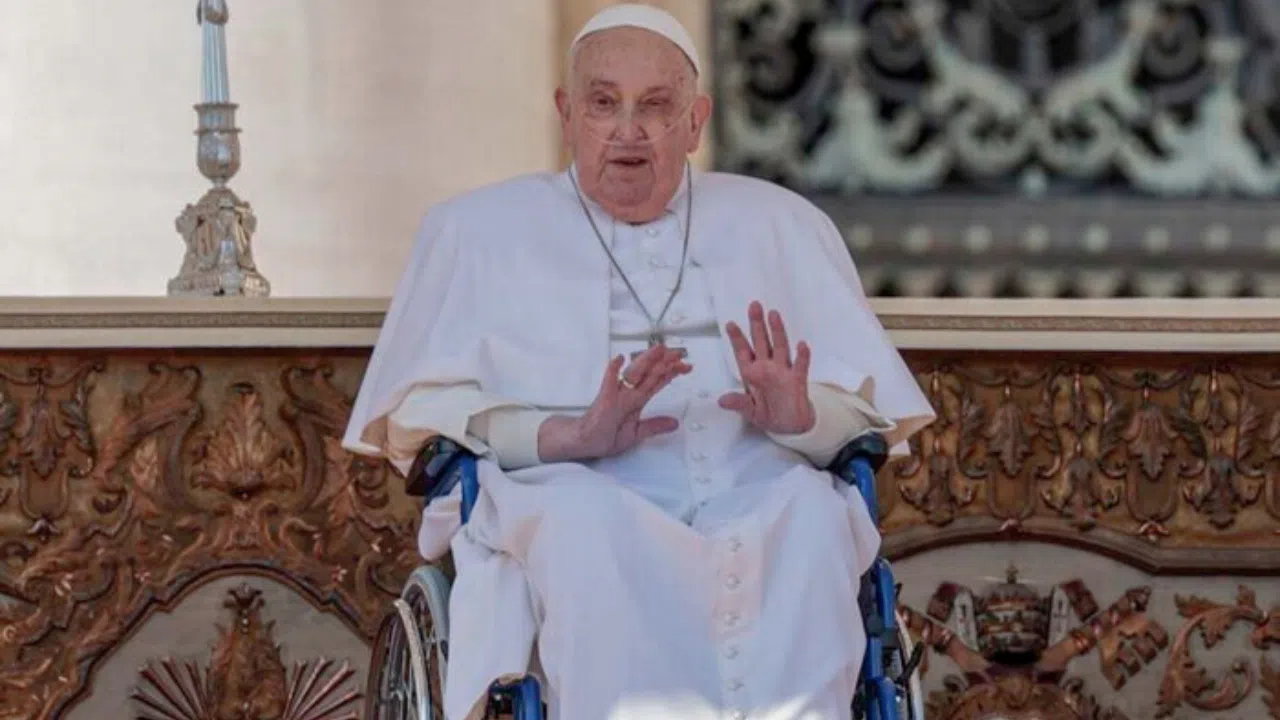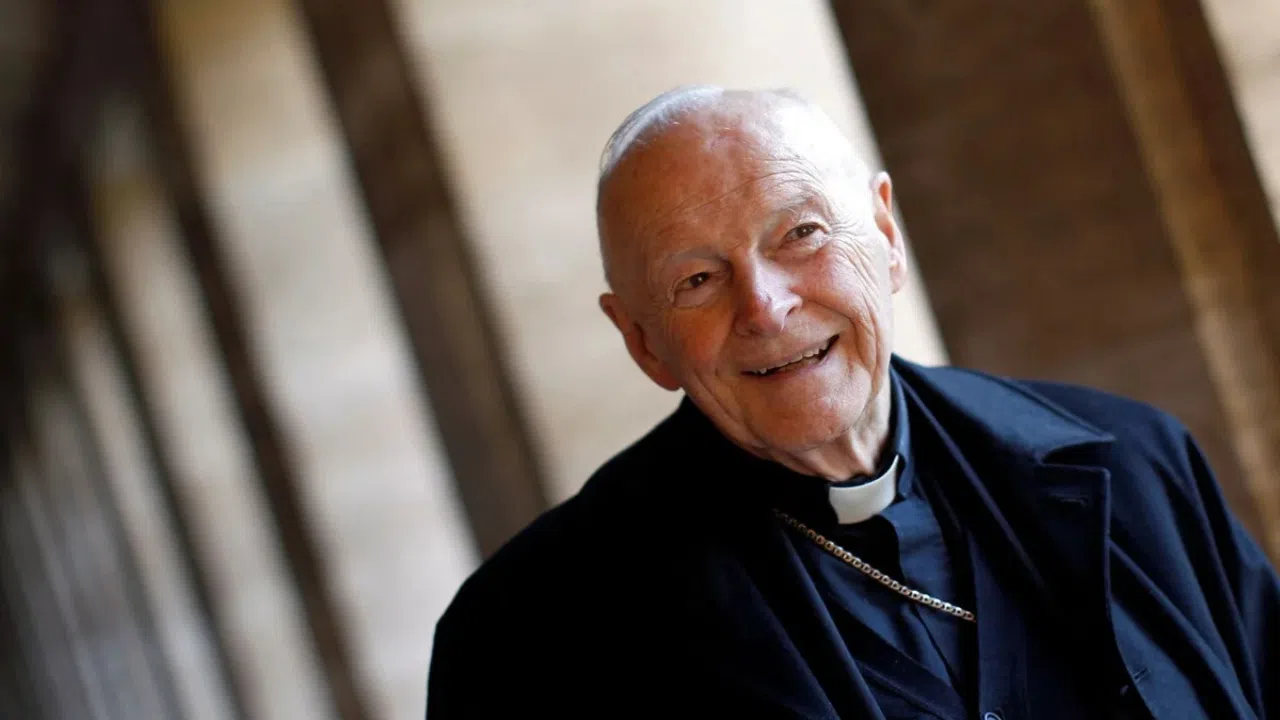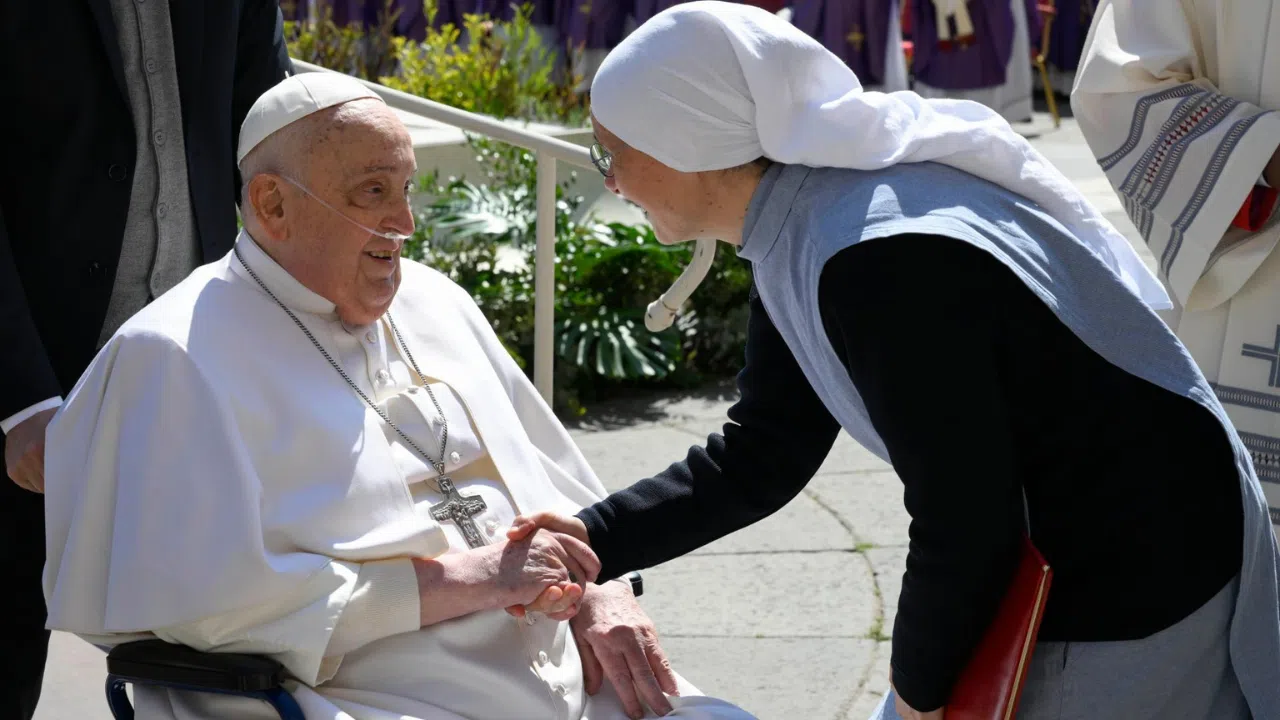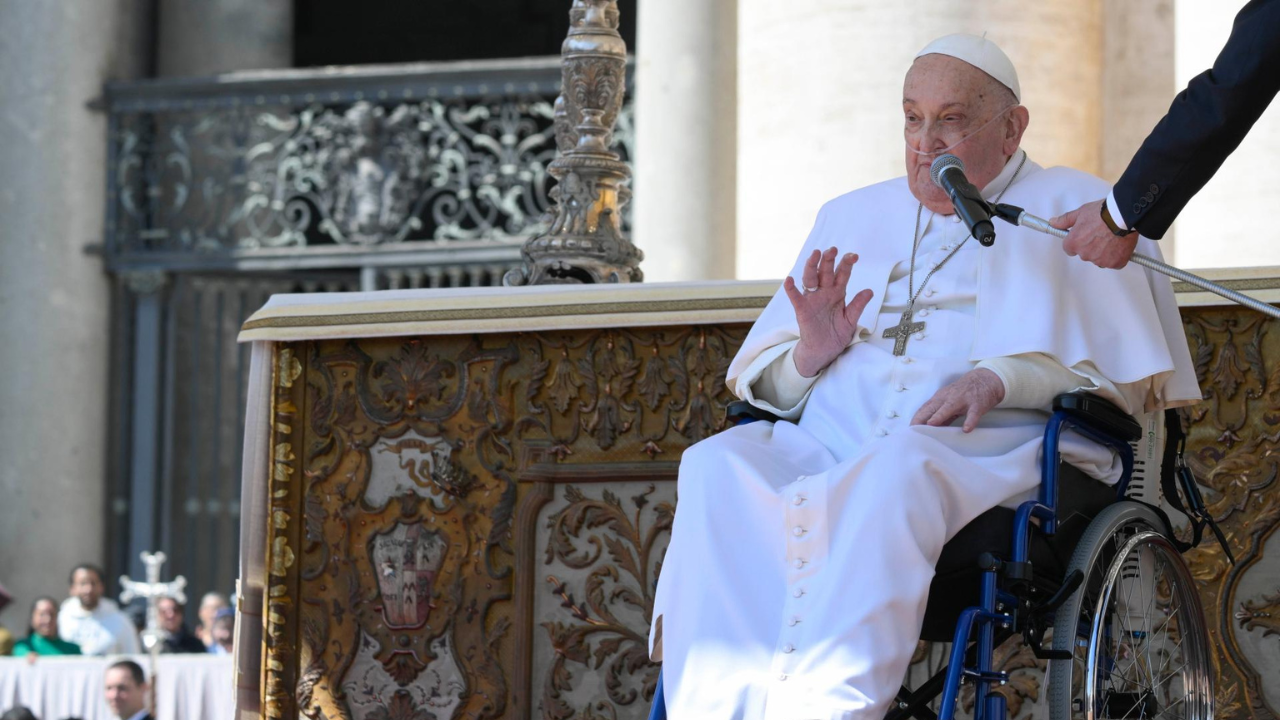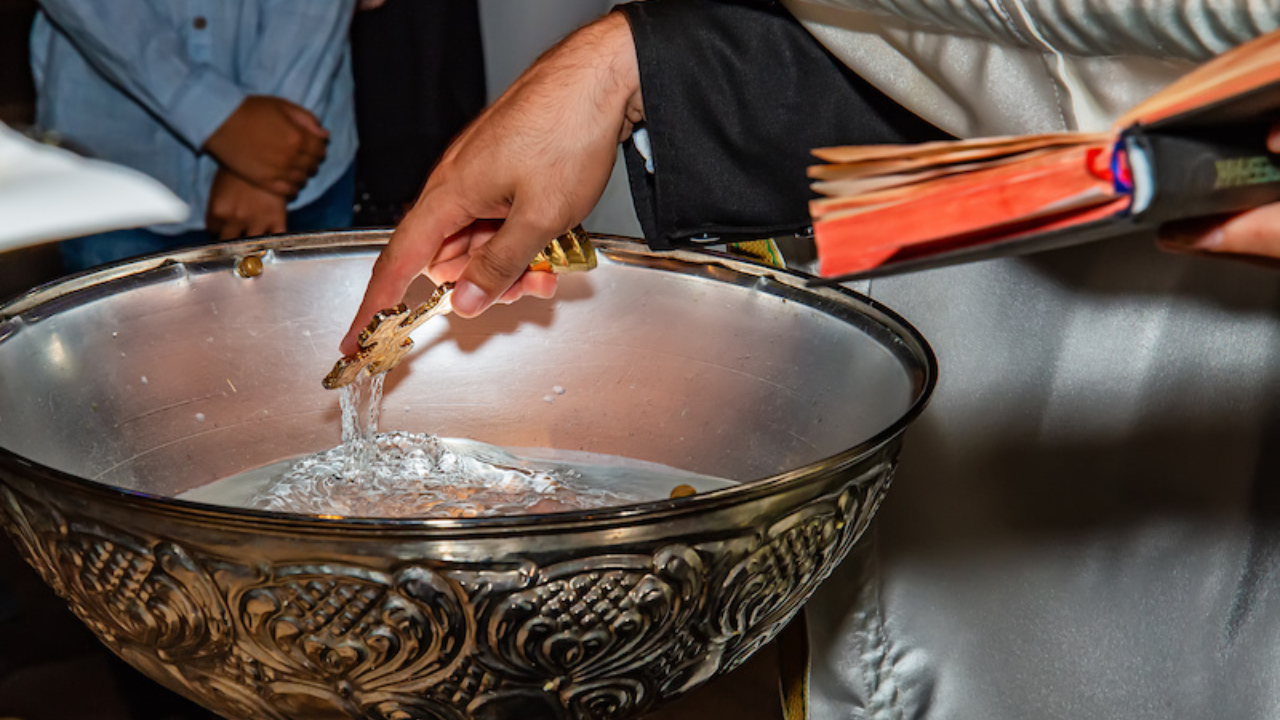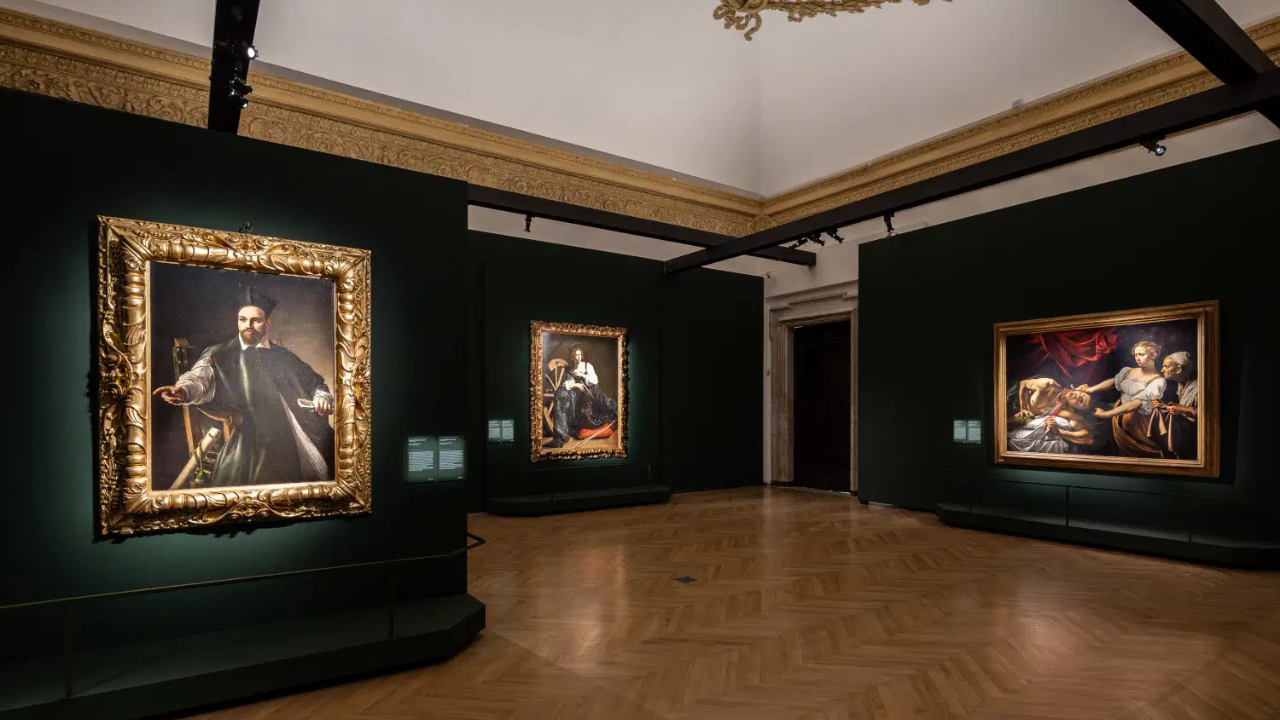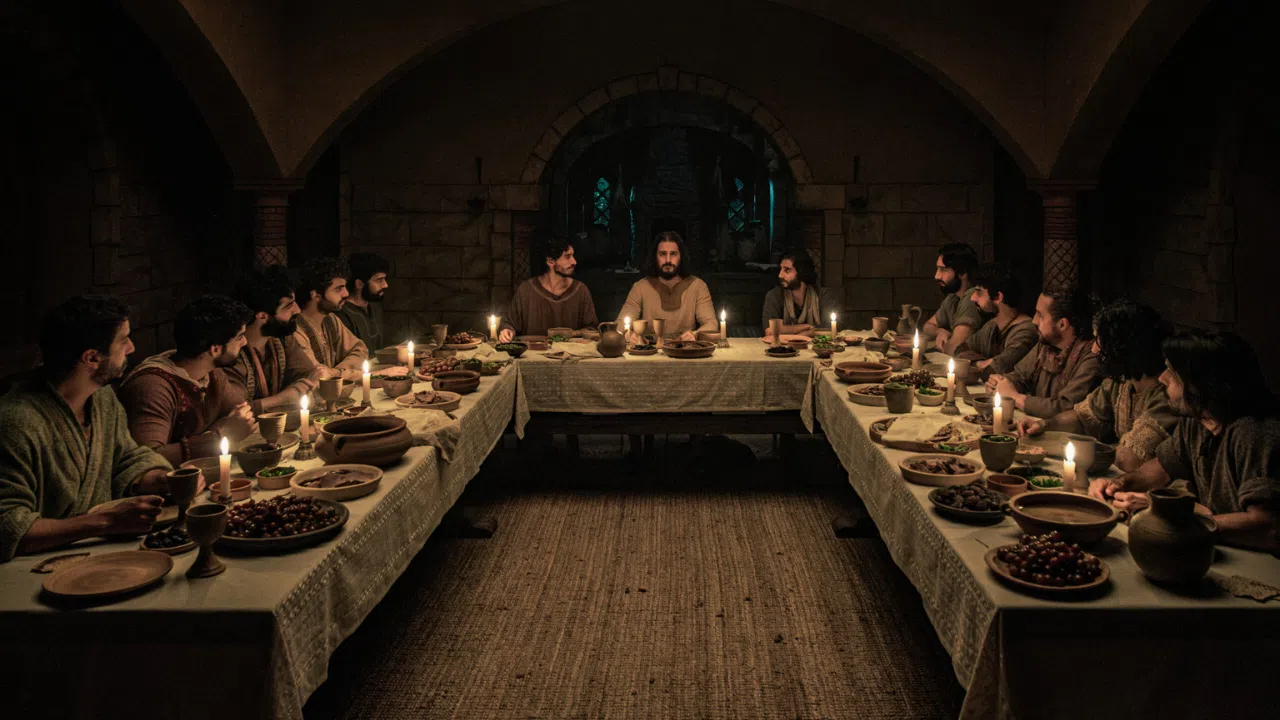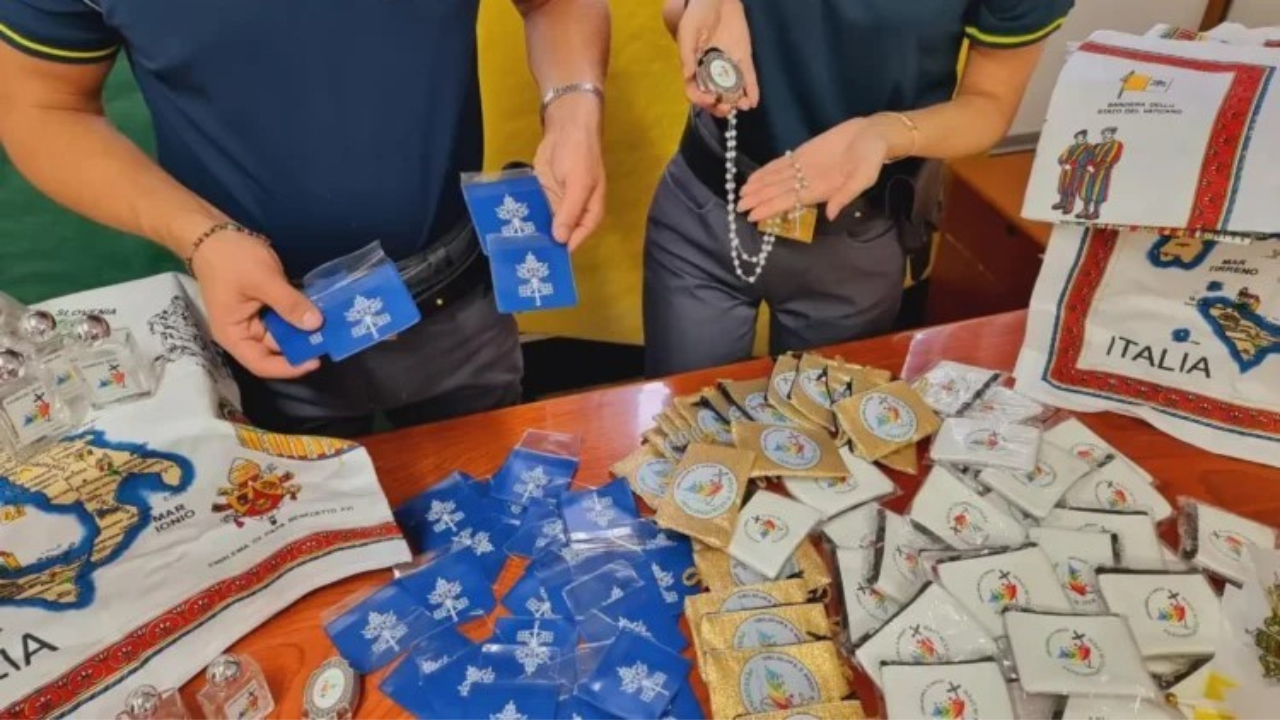The Chair of European Studies Way of St. James has already been presented in Rome. The archbishop of the Spanish city pointed out that the objective is in line with what the last popes have asked for.
ABP. FRANCISCO PRIETO
Archbishop, Santiago de Compostela
It is a path that right now has become a call to all humanity that must continue to seek and renew the hope that, to quote Dante again, is reborn in Santiago de Compostela.
ARCHIVE
POPE FRANCIS
November 25, 2014
My hope is that Europe, rediscovering its historical heritage and the depth of its roots, assuming its accentuated multipolarity and the phenomenon of dialogic transversality, will rediscover that youthfulness of spirit that has made it fruitful and great. Thank you.
For decades the Vatican has been concerned about the de-Christianization of Europe. In this sense, Saint John Paul II famously shouted "Europe, come back to meet us. Be yourself”.
He did so from a particular place: Santiago de Compostela; the goal to which thousands of Europeans made pilgrimages for centuries and which somehow turned into an important symbol of unity in Christian Europe.
The Chair of European Studies Way of St. James is an interdisciplinary study plan that aims to recover that Christian and human basis which helps to face current problems.
MARTA PEDRAJAS
Director of the Chair
Of Europe we often think of it as being very progressive… but it has many vulnerabilities that need to be addressed. Along with the issue of migration, there are also many social exclusions, there are many people who still don't have access to social protection… I believe that all of these social, economic, environmental and technological issues bring us face to face with some challenges that we need to respond to from the Christian roots that have always strengthened the Europe of solidarity.
JESÚS AVEZUELA CÁRCEL
General Directo, Paul VI Foundation
Specifically, 6 years ago, we talked about the possibility within the scope of the social doctrine of the Church, to see which areas, which problems, what challenges we needed to address
within all that is happening right now in Europe.
We started with the technological revolution, with a permanent seminar from 2019 to 2021, and then we talked about the transformation of work and how that revolution was impacting the anthropology of the human being and finally, what response Europe was giving to all of this.
This chair presented in Rome is promoted by the Archbishop of Santiago and the Paul VI Foundation.
TR: JD
